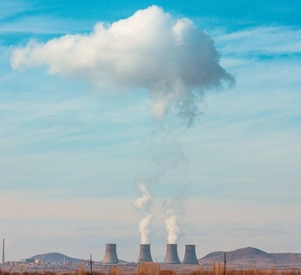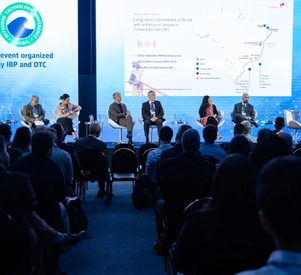Oil and Gas Industry Injects Over BRL 325 Billion Annually into Public Accounts

Groundbreaking IBP study shows that federal revenue from the sector in 2023 would be enough to cover 102% of Brazil’s entire education budget
A new study by the Brazilian Petroleum and Gas Institute (IBP) reveals the scale of the oil and gas (O&G) sector’s importance in financing public policies in Brazil. The analysis shows that the industry generated more than BRL 325 billion in annual revenue for federal, state, and municipal governments in 2023.
The report, “The Importance of the O&G Sector for Public Finances”, highlights that federal revenue alone from the sector exceeded BRL 155.8 billion in 2023. To illustrate the impact, this amount would be enough to alternatively finance:
- 102% of the entire Ministry of Education budget;
- 84% of all Health resources;
- 58% of the Social Assistance budget;
- 16% of the entire Social Security budget;
- A figure 58% higher than the total resources allocated to the Labor area.
“These figures show that the relevance of the oil and gas sector in Brazil goes far beyond the energy matrix. We are an essential pillar of the welfare state, financing everything from citizens’ retirement to the education of children and young people, as well as healthcare services through the SUS,” said Roberto Ardenghy, President of IBP. “For this massive contribution to continue driving national development, a business environment with regulatory predictability and investment-friendly policies is essential.”
Impact on States
The study also demonstrates the sector’s critical importance to subnational governments. On average, revenue generated by the O&G industry accounts for around 13% of state budgets. This stems both from the transfer of Royalties and Special Participations (SP) and from the collection of ICMS (value-added tax on fuels), which totaled BRL 116 billion in 2023.
The most emblematic case is the state of Rio de Janeiro, where the BRL 30.4 billion collected from the sector represented 34% of total state revenue. The study also highlights the importance of ICMS for non-producing states, such as Goiás, where fuel tax accounted for 24% of total ICMS revenue, and Mato Grosso do Sul, with 26%.
For the first time, the IBP study consolidates the various revenue streams generated by the sector, including ICMS, government takes (Royalties and Special Participations), Signature Bonuses, Union Profit Oil from production-sharing contracts, and general federal taxes such as PIS/Cofins, CSLL, and IRPJ, which apply across the entire production chain.
The analysis concludes that the oil and gas sector remains a strategic asset for Brazil—not only from an energy perspective, but also as a pillar of public financing. The industry’s continuity and strengthening are therefore essential to generate wealth, jobs, and the revenues that sustain national development and the population’s well-being.




